
On Moving Across the Country for Medical Training
Moving across the country for medical school was the scariest thing I ever did – ... Read more
Karen Tran-Harding
Updated June 25, 2022 by Karen Tran-Harding
Learn about medicine and how to become a physician in our articles for pre-medical students (including the MCAT), medical students, resident physicians, and practicing physicians.

Moving across the country for medical school was the scariest thing I ever did – ... Read more
Karen Tran-Harding
Updated June 25, 2022 by Karen Tran-Harding
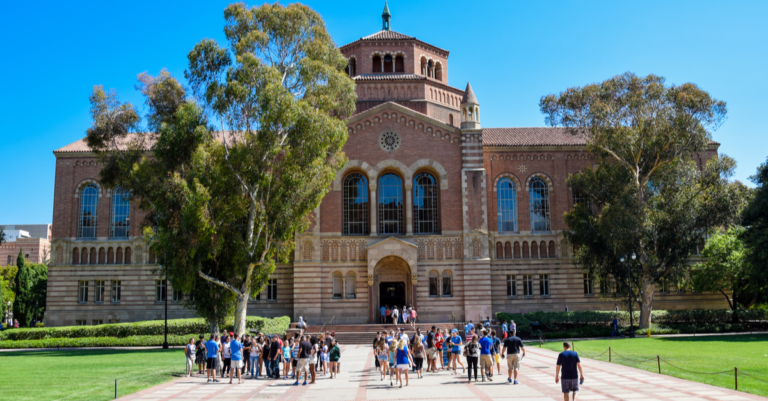
While most students dream of getting an acceptance letter from just one medical school, others ... Read more
Cassie Kosarek
Updated June 25, 2022 by Cassie Kosarek

By Yoo Jung Kim, MD Candidate, Stanford University Many students start college gung-ho about going ... Read more
Yoo Jung Kim
Updated June 25, 2022 by Yoo Jung Kim

By Monya De, MD MPH Medical students who did not match into a residency position ... Read more
Monya De
Updated June 25, 2022 by Monya De
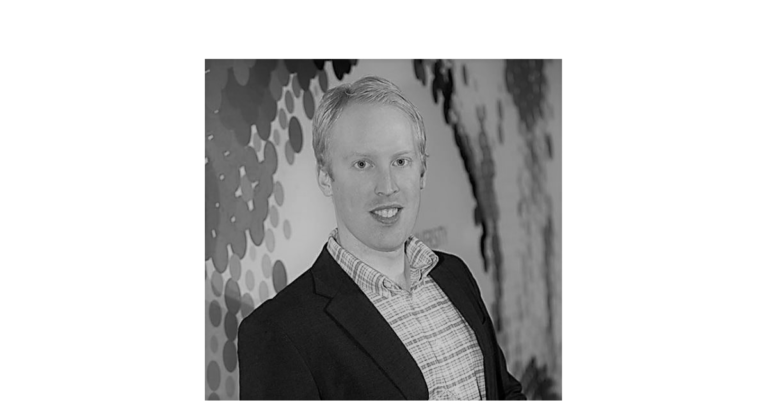
By Gloria Onwneme, Medical Student, University of Nottingham, UK Dr. Harris Eyre, MD, PhD, Fulbright ... Read more
Gloria Onwuneme
Updated June 25, 2022 by Gloria Onwuneme
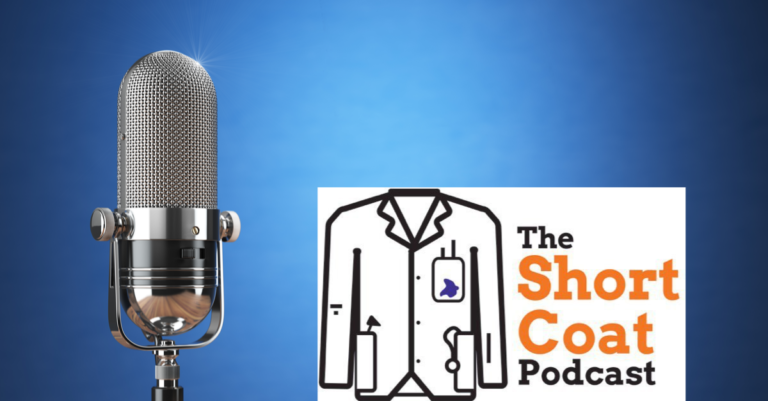
Everyone knows: doctors have to have empathy…right? Listener Mo wrote to us at [email protected] to ... Read more
The Short Coat Podcast
Updated June 25, 2022 by The Short Coat Podcast

A 58-year-old male with a history of rosacea presents with blue-black discoloration on his neck ... Read more
Figure 1
Updated February 27, 2019 by Figure 1

Last year, over a thousand American senior medical students, failed to Match into a residency ... Read more
Mohamed Gad
Updated March 14, 2023 by Mohamed Gad

Many students don’t realize that the residency match should be top of mind when choosing ... Read more
Stacy Meyer
Updated June 26, 2022 by Stacy Meyer

More and more students are speaking up about their mental illness struggles One of the ... Read more
The Short Coat Podcast
Updated June 26, 2022 by The Short Coat Podcast

A 21-year-old female presents with a six-month history of irregular menses, decreased libido, impaired vision, and ... Read more
Figure 1
Updated February 27, 2019 by Figure 1

James R. Doty M.D., is a Professor of Neurosurgery and the founder and director of ... Read more
Gloria Onwuneme
Updated August 18, 2022 by Gloria Onwuneme

This column has been focused on providing clinical snapshots while exploring the factors that affect ... Read more
Brent Schnipke
Updated June 26, 2022 by Brent Schnipke

A 4-year-old boy with known G6PD deficiency is brought to the pediatrician by his mother ... Read more
Figure 1
Updated February 27, 2019 by Figure 1

[Dave had the flu on recording day, so we’re posting this awesome episode from the ... Read more
The Short Coat Podcast
Updated June 26, 2022 by The Short Coat Podcast

When did you first decide to become a physician? Why? I was a little late ... Read more
Student Doctor Network
Updated January 8, 2019 by Student Doctor Network
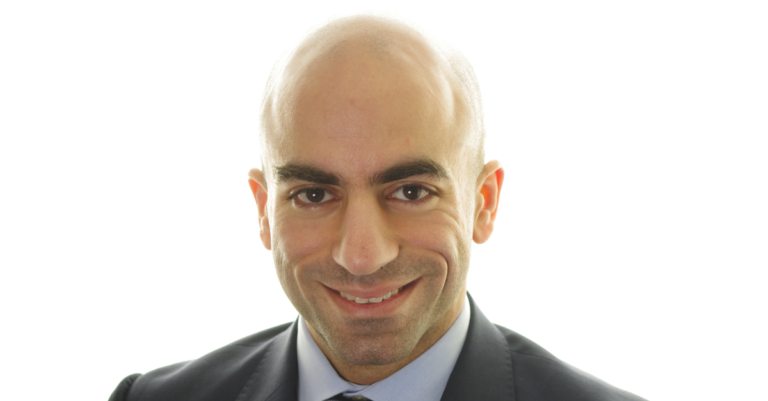
Dr. Ahmed Hankir MBChB PGCert (Psychiatry) PGCert (Epidemiology) is a specialty trainee in psychiatry in ... Read more
Gloria Onwuneme
Updated June 26, 2022 by Gloria Onwuneme

Death is an unfortunately common event in the field of medicine. How do you deal ... Read more
Katie Imbrock
Updated January 8, 2019 by Katie Imbrock
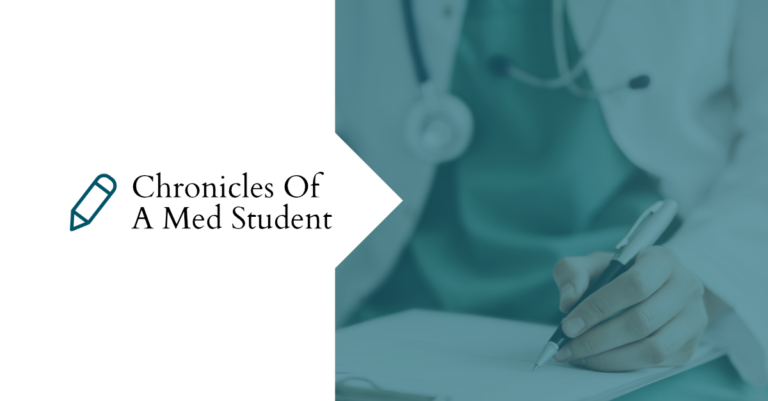
One of my friends recently got back her evaluation from a rotation she had just ... Read more
Adelle
Updated June 26, 2022 by Adelle
Current phase of the application cycle.
You are viewing information for the Early Prep phase of the application timeline.